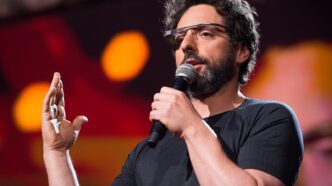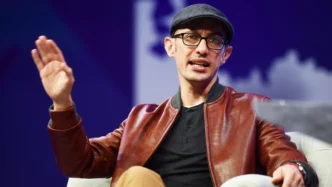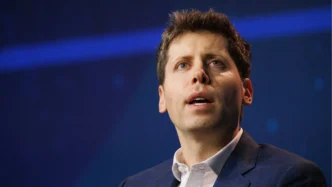At Google I/O 2025, Google co-founder Sergey Brin made a rare public appearance and admitted he “made a lot of mistakes with Google Glass.” The comments came during a surprise onstage conversation with DeepMind CEO Demis Hassabis and Big Technology Podcast host Alex Kantrowitz.
Reflecting on the original launch of Google Glass, Brin openly acknowledged he underestimated the challenges of bringing smart glasses to market. “I didn’t know anything about consumer electronics supply chains,” Brin said. He also admitted that building a product like Glass at an accessible price point was far more difficult than expected.
Despite the missteps, Brin remains bullish on the future of the form factor. He expressed strong support for Google’s new Android XR smart glasses, which were officially revealed earlier that day at the event. This time, Google is leaning on a network of experienced partners, including Samsung, Xreal, and Warby Parker, to help manage both production and design.
“I’m really glad we have great partners helping us build this,” Brin added.
Sergey Brin Google Glass Mistakes Fuel New AI-Powered Vision
The new generation of smart glasses, powered by DeepMind’s Project Astra, promises far more advanced capabilities than the original Glass. During the demo, Google showed off real-time AI assistance for live translations, navigation, and multimodal queries—features Brin says were “only theoretical” when Glass first launched over a decade ago.
To back its new push, Google is investing up to $150 million in a partnership with Warby Parker and has taken an equity stake in the eyewear brand to ensure both functionality and style are built in from day one.
Brin also revealed he’s stepped out of semi-retirement to work hands-on with Google’s Gemini team, focusing on multimodal AI projects like Veo 3, the company’s new video generation model. He’s now in the Mountain View office “nearly every day.”
“Anybody who’s a computer scientist should not be retired right now,” Brin said. “They should be working on AI.”
Reports have suggested Brin is pushing Gemini teams hard to stay competitive in the AI race. He’s said to favor in-office collaboration and reportedly encouraged staff to aim for 60-hour work weeks to maximize output.
With renewed leadership from Brin and smarter partnerships guiding product development, Google hopes to succeed where Glass once faltered—bridging hardware innovation and real-world AI utility for the next era of wearable computing.













